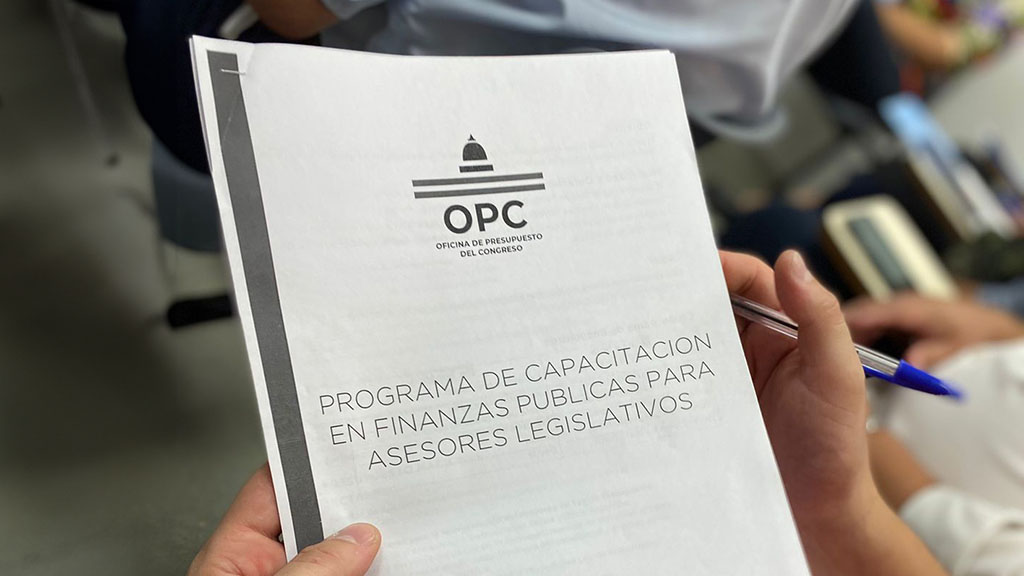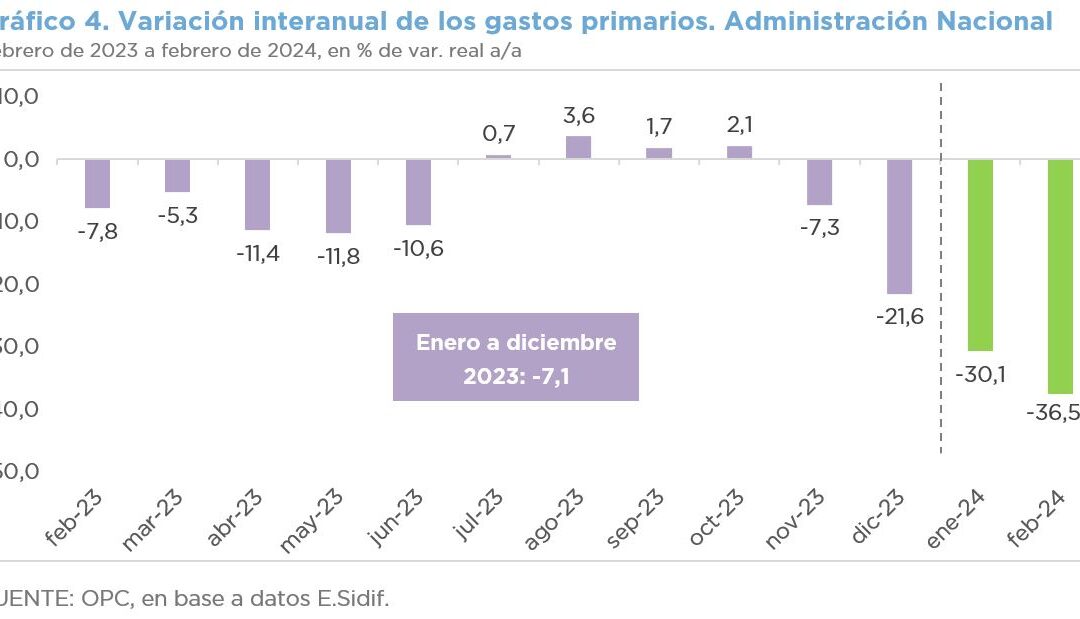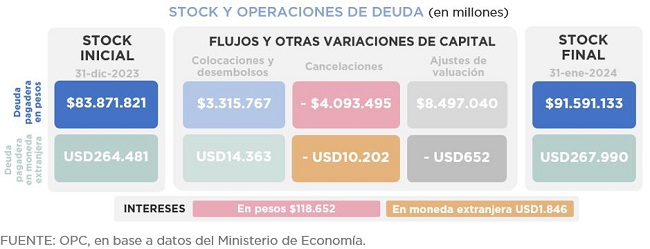
TRAINING ON PUBLIC FINANCE FOR LEGISLATIVE ADVISORS
On Tuesday, April 9, the Argentine Congressional Budget Office (OPC) initiated a training program on issues related to public finances for the advisors of deputies and senators of the Congress of the Nation. The Director-General of the OPC, Gabriel Esterelles, together with the Director of Parliamentary Training of the Senate, Camila Duro, opened the training program at the Senate.
The purpose of the program is to introduce key issues for the interpretation of initiatives related to public resources and budget design to those who assist legislators in their work.
The program, jointly organized by the OPC and the Directorate of Parliamentary Training of the Senate, was designed around three main topics: taxes, expenditures and public credit, each of them to be addressed in two classes of two hours each, twice a week.
The sequence of face-to-face meetings is being held in different spaces of each Chamber to promote direct contact and facilitate the exchange of ideas.
This training plan, which will conclude on April 25, will be delivered by the directors of the OPC, with the assistance of their analysts:
Martín López Amorós, director of Fiscal Analysis, with Pedro Velazco and Emilio Nastri; Ignacio Lohlé, director of Budget Analysis, together with Laura Cafarelli, Julieta Olivieri and Romina Muras; Joel Vaisman, director of Sustainability and Public Debt Analysis, with Eugenia Carrasco.


